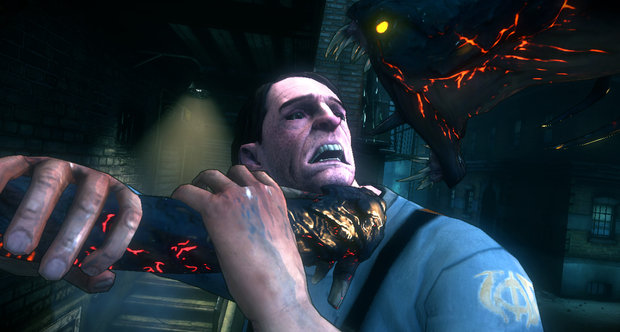

Pharaoh said to them, “I see through my astrology this star rising to meet you in the wilderness, and it is a sign of blood and killing.” I heard a midrash aggada: There is a star, and its name is Raʿa. He said to him, “I see through my astrology a star rising to meet you, and its name is Raʿa, and it is a sign of blood and killing.” (ed.

Remarkably, later Jewish tradition understood these passages within their Egyptian cultural context. This Hebrew phrase most likely is an adaptation of the Egyptian expression ir.t rʿ, literally, “the eye of Ra,” used to designate the sun and, by extension, Egypt too. Playing on this motif, in 10:15, the text states that the locusts covered עֵ֣ין כָּל־הָאָרֶץ֮ ʿen kol ha-ʾareṣ “the eye of the whole land,” a rare idiom in Hebrew, but one very much at home in the Egyptian language. Given the cultural context of ancient Egypt, the perceptive ancient Hebrew reader would have realized the connection between Pharaoh’s impudent statement in 10:10 and the subsequent narrative, with its focus on the worst possible chain of events for the Egyptian nation, the disappearance of their omnipresent sun-god Ra.

10, the death of the firstborn at midnight, the darkest part of the night, when Ra is most distant from shining (see 12:29). 9, darkness, most commonly understood as a sandstorm, which darkens the skies for three days (see 10:22) and no. 8, locusts, which blot out the sun in midday (see 10:15) no. This effrontery resounds in the next three plagues: no. In this bilingual pun, made possible by this linguistic coincidence, not only does Pharaoh deny the request of the Israelites to worship their God, but he also states, as it were, “that Ra is before you.” In Exodus 10:10, Pharaoh says to Moses and Aaron, during one of their ongoing exchanges, רְא֕וּ כִּ֥י רָעָ֖ה נֶ֥גֶד פְּנֵיכֶֽם ( reʾu ki raʿa neged penekem), literally “see, for there is evil before you,” or more idiomatically “look, you are up to no good.” By sheer coincidence, the Hebrew word רָעָה raʿa “evil” is the name of the Egyptian sun-god Ra, the head of the pantheon. This section of the Torah relates the last three of the plagues: locusts (10:1-20), darkness (10:21-29), and the death of the firstborn (11:1-10, 12:29-30), each of which resonates with literary and religious motifs from the world of ancient Egypt. In the specific case of the exodus narrative, the context was the world of ancient Egypt.Ī stellar illustration of this process appears at the beginning of Exodus 10. For the people of ancient Israel, that cultural setting was the world of the polytheists around them. Every literature has its cultural setting – the Bible no less than any other.


 0 kommentar(er)
0 kommentar(er)
